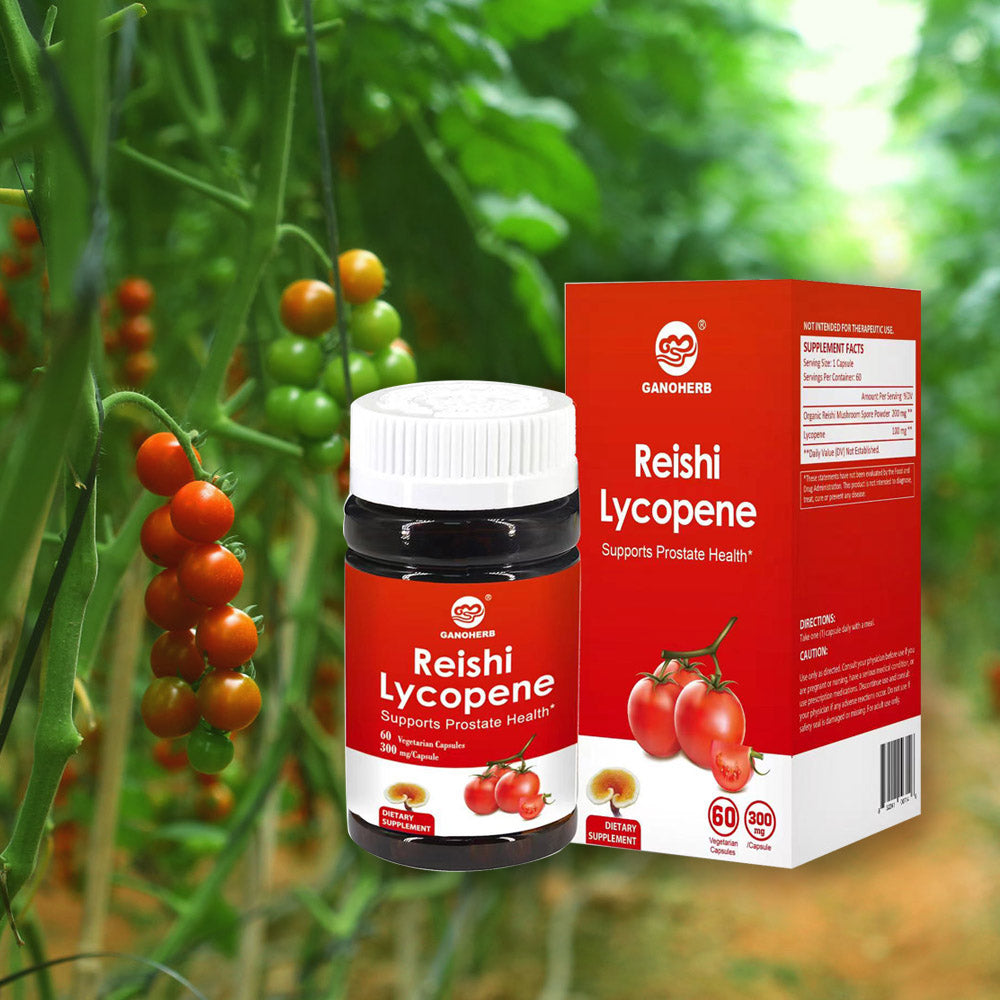Organic Lions Mane Extract Capsules: Origins, Processing, and Key Considerations
Organic lions mane extract capsules represent a growing niche in the botanical supplements market. Derived from the Hericium erinaceus mushroom, these capsules emphasize natural cultivation and advanced processing techniques. This article explores their multifaceted background—from sourcing to encapsulation—without focusing on biological impacts.

What Are Organic Lions Mane Extract Capsules?
Organic lions mane extract capsules contain concentrated material from the lion's mane mushroom, processed into a powdered form and encapsulated. The termorganic certifies that the mushrooms are cultivated without synthetic pesticides, fertilizers, or genetically modified organisms. These capsules prioritize purity, often utilizing fruiting bodies or mycelium grown on organic substrates like hardwood sawdust. The extraction process isolates specific compounds (e.g., polysaccharides) through water, alcohol, or dual-extraction methods, later dried and encapsulated. Third-party testing validates the absence of contaminants like heavy metals or microbes, ensuring alignment with organic standards.
The Role of Organic Certification Standards
Organic certification for lions mane extract capsules involves rigorous protocols. Bodies like the USDA, EU Organic, or Soil Association mandate:
Sourcing: Mushrooms must grow on certified organic substrates.
Processing: Extraction solvents (e.g., ethanol) must be organic-compliant.
Traceability: Every batch requires documentation from farm to capsule.
Uncertified products risk cross-contamination from non-organic agriculture. Certifications also mandate sustainable land use, prohibiting deforestation or synthetic soil treatments. For consumers, labels likeUSDA Organic signal adherence to these ecological and ethical benchmarks.
Extraction Techniques: Precision and Purity
The extraction method defines the composition of organic lions mane extract capsules:
Hot Water Extraction: Isolates water-soluble beta-glucans.
Alcohol Extraction: Captures ethanol-soluble terpenoids.
Dual Extraction: Combines both for a broad-spectrum profile.
Post-extraction, the liquid undergoes low-temperature drying (e.g., spray- or freeze-drying) to preserve integrity. Advanced manufacturers use chromatographic testing to quantify compound ratios, ensuring batch consistency. Crucially, organic standards prohibit synthetic stabilizers or carriers during this phase.

Manufacturing and Quality Control Protocols
Producing organic lions mane extract capsules demands GMP (Good Manufacturing Practice) compliance:
Encapsulation: Powdered extract fills vegetarian capsules (often cellulose-based) in sterile facilities.
Contaminant Screening: Each batch undergoes heavy metal, pesticide, and microbial testing.
Stability Testing: Accelerated shelf-life studies verify 2–3 years of potency.
Transparent brands provide Certificates of Analysis (CoAs), detailing ingredient origins, extraction yield, and safety thresholds. Automation minimizes human contact, reducing contamination risks.
Sustainability and Ethical Sourcing Practices
Organic lions mane extract capsules intersect with environmental stewardship:
Wild Simulated Cultivation: Mushrooms grow on fallen organic logs, preserving forest ecosystems.
Waste Valorization: Spent substrate becomes compost or biofuel.
Fair Trade Partnerships: Ethical brands source from small-scale farms, ensuring living wages.
Carbon-neutral processing facilities and biodegradable packaging further reduce ecological footprints. Certifications like FairWild or Rainforest Alliance validate these efforts.
Cultural and Historical Context of Lion’s Mane
Lion’s mane has non-biological significance across cultures:
East Asia: Historically foraged in Japanese and Korean forests, it features in monastic cuisine and art.
Indigenous Traditions: Native American tribes used it for textile dyeing.
Modern Gastronomy: Renowned chefs highlight its culinary texture in plant-based dishes.
This heritage underpins its symbolic value—separate from physical applications—in rituals and folklore.
Consumer Considerations: Labels and Transparency
Selecting organic lions mane extract capsules requires scrutiny:
Label Decoding:100% Organic requires ≥95% organic content;Made with Organic allows 70%.
Dosage Clarity: Reputable brands specify extract concentration (e.g.,1:10 ratio).
Additive Avoidance: Organic capsules exclude flow agents like magnesium stearate.
Consumer tools include scanning QR codes for CoAs and verifying certifiers’ legitimacy via databases like OTA.
Organic lions mane extract capsules exemplify a convergence of traditional botany, modern organic agriculture, and precision manufacturing. Their value lies in rigorously managed origins, scientifically validated processing, and ecological accountability—factors shaping their role in environmentally conscious markets. As demand grows, adherence to certifications and transparency remains paramount for industry credibility.











